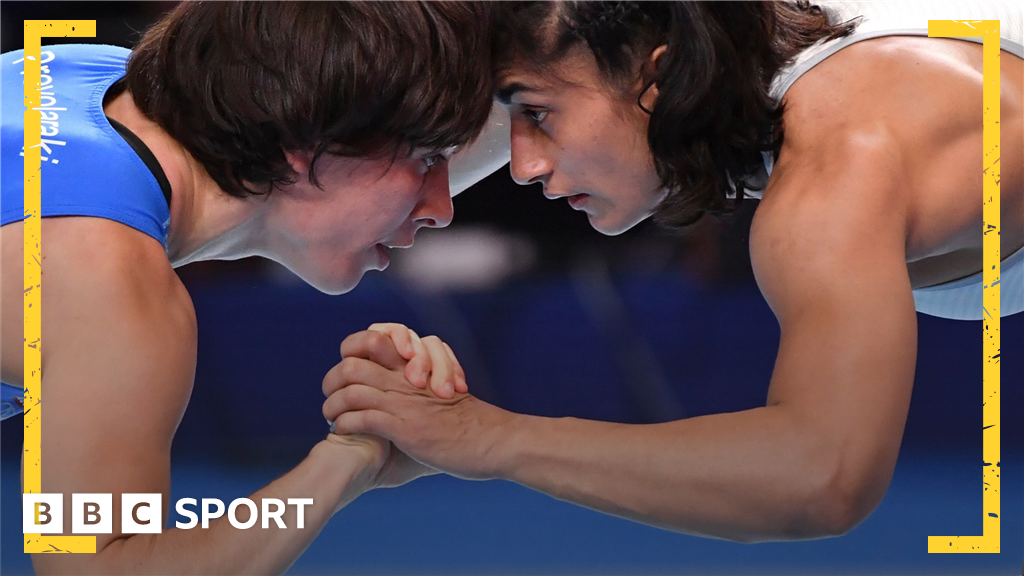On a cold winter’s morning in the northern Indian city of Lucknow, a group of young girls are warming up on wrestling mats while the beats of ’90s Bollywood blare in the background.
Among them is a famous face: 26-year-old Vinesh Phogat. She smiles and briefly waves towards those of us watching on before her attention quickly refocuses.
The arena is full to the brim, and beyond the music there isn’t a word being spoken. It is a serious scene of concentration but there can be no doubt – something very uplifting is taking place.
A world championships bronze medallist in 2019, Phogat was the first Indian woman to win gold at both the Commonwealth and Asian Games. For many of the young hopefuls out there training today her story is an inspiration, the latest among a growing number. Her background makes her emergence all the more remarkable.
Phogat comes from a small village in Haryana, a northern state with one of the most imbalanced gender ratios in India. In her home state, there are markedly fewer females than males, a phenomenon partly explained by sex-selective abortion.
In the eyes of many among the rural conservative society that formed her, a baby boy is a blessing, a baby girl a burden. Here, societal expectation dictates a dutiful daughter must dress and behave in a certain way as she charts an approved course towards becoming a dedicated wife and mother.
Despite this, Phogat’s upbringing was different. It was her uncle who decided all the family’s daughters should take up wrestling. It attracted opposition and controversy.
Phogat recounts in her local dialect Haryanvi: “All hell broke loose in the village when my uncle starting training us girls in the early 2000s. People called him and us names.
“We sisters had short cropped hair and we would wear shorts in the village and practise.
“Ladies would come up to my mother saying ‘tell your daughter to at least cover her legs’. My mother would also feel ashamed, but we fought back collectively. And the international medals proved everyone wrong.”
Overcoming poverty, patriarchy and other challenges, Phogat is just one of many modern figures showcasing the rising spirit of Indian sportswomen.
She found inspiration at an even younger age than the girls now crowded around her. But back then, even only two decades ago, there were far fewer icons to watch out for.
Phogat was barely six years old when she watched on TV as Karnam Malleswari won India’s first Olympic medal in female competition: a weightlifting bronze at the Sydney Olympics.
The date is still etched in my memory, too: 19 September, 2000. It was a watershed moment for women’s sport in India.



